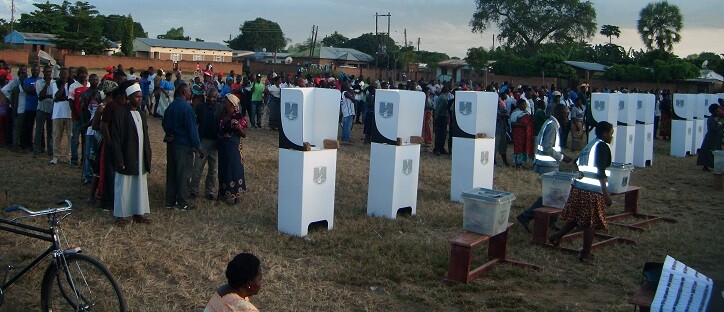
A private investigator has offered to audit the Malawi Electoral Commission (MEC) electoral data.
This development comes amid growing concerns over the integrity of Malawi’s electoral system, with opposition parties and civil society groups questioning the transparency of MEC’s voter registration process.
Calls for an independent audit have intensified following accusations that MEC and the National Registration Bureau (NRB) are colluding to manipulate elections in favour of President Lazarus Chakwera.
The private investigator, whose identity has not yet been disclosed, is reportedly willing to conduct a thorough examination of MEC’s voter database to determine whether any irregularities exist.
Stakeholders in Malawi’s electoral process have long demanded an external review of the voter registration and verification systems to ensure that elections remain free and fair.
MEC has previously rejected requests for independent audits, insisting that its systems are secure and that the National Registration Bureau is only responsible for registering citizens, not managing voter data.
Despite these assurances, suspicions remain high, especially after reports surfaced of discrepancies in voter rolls and allegations of ghost voters being added to the system.
The offer from the private investigator presents an opportunity for MEC to prove its commitment to transparency by allowing an independent review of its data management processes.
Political analysts argue that accepting an external audit would help restore public confidence in the electoral body, particularly as Malawi prepares for the next general elections.
Opposition leaders have welcomed the proposal, stating that an independent investigation would expose any potential manipulation and safeguard the democratic process.
On the other hand, some government officials and MEC representatives have downplayed the need for an external audit, claiming that Malawi’s electoral system is already credible and well-regulated.
The reluctance of MEC to allow scrutiny of its voter data has fueled speculation that the institution may have something to hide.
Civil society organizations have urged the electoral commission to embrace the offer, emphasizing that democracy thrives on transparency and accountability.
Public reaction to the investigator’s offer has been mixed, with some Malawians expressing support for an independent audit while others remain sceptical about whether MEC would agree to such a move.
If the private investigator is granted access to MEC’s electoral data, the findings could have far-reaching implications for the country’s upcoming elections and the credibility of its democratic institutions.
As the debate over electoral integrity continues, the pressure is mounting on MEC to prove that it operates independently and in the best interests of all Malawians.














